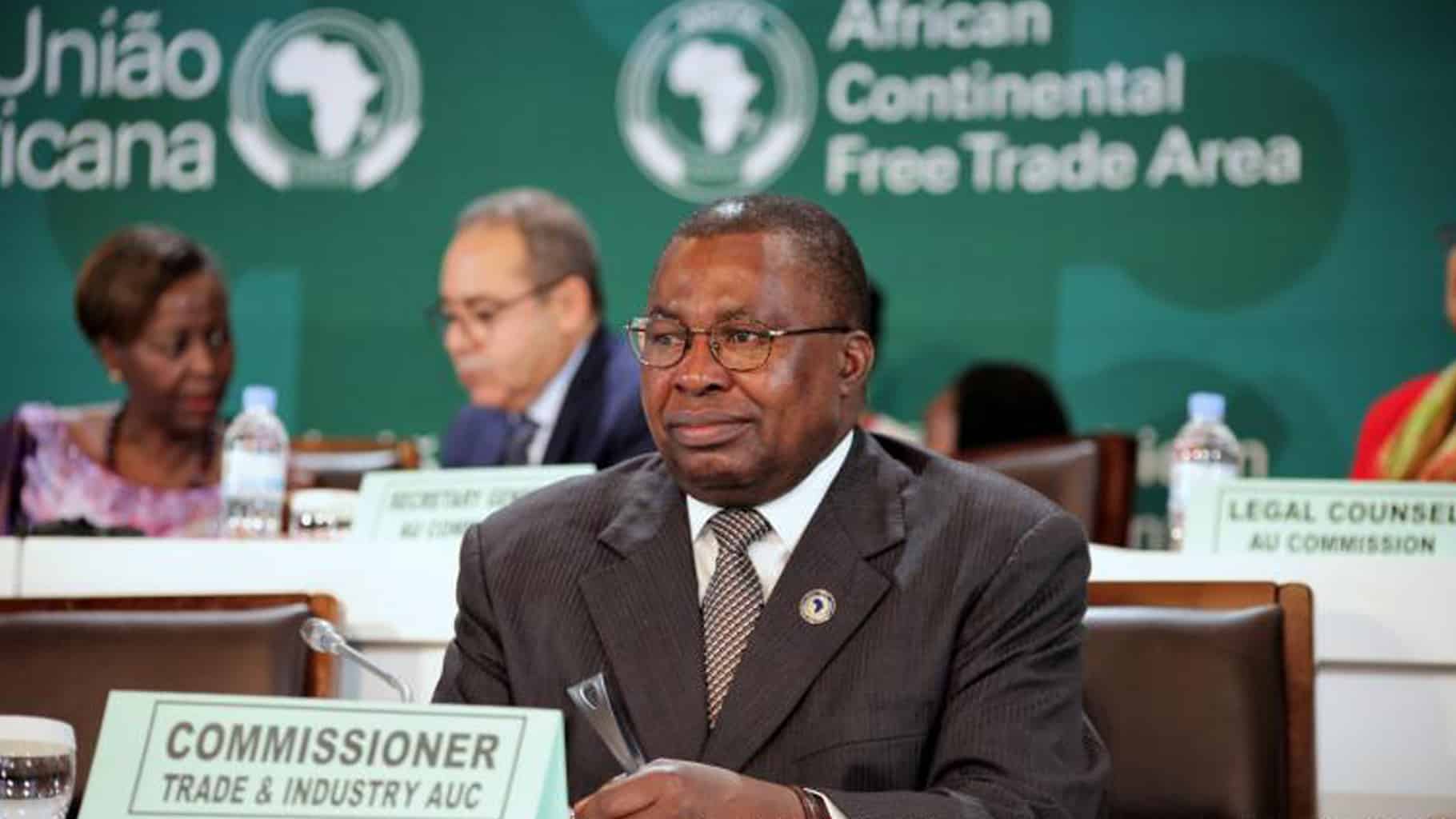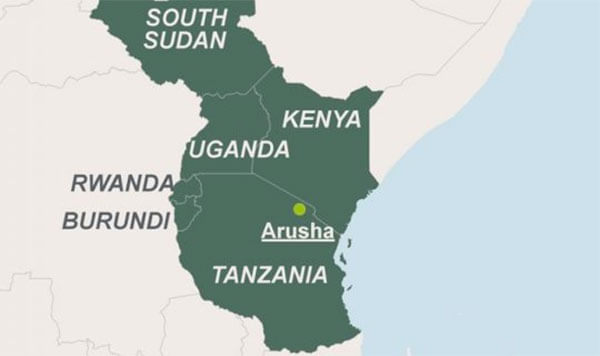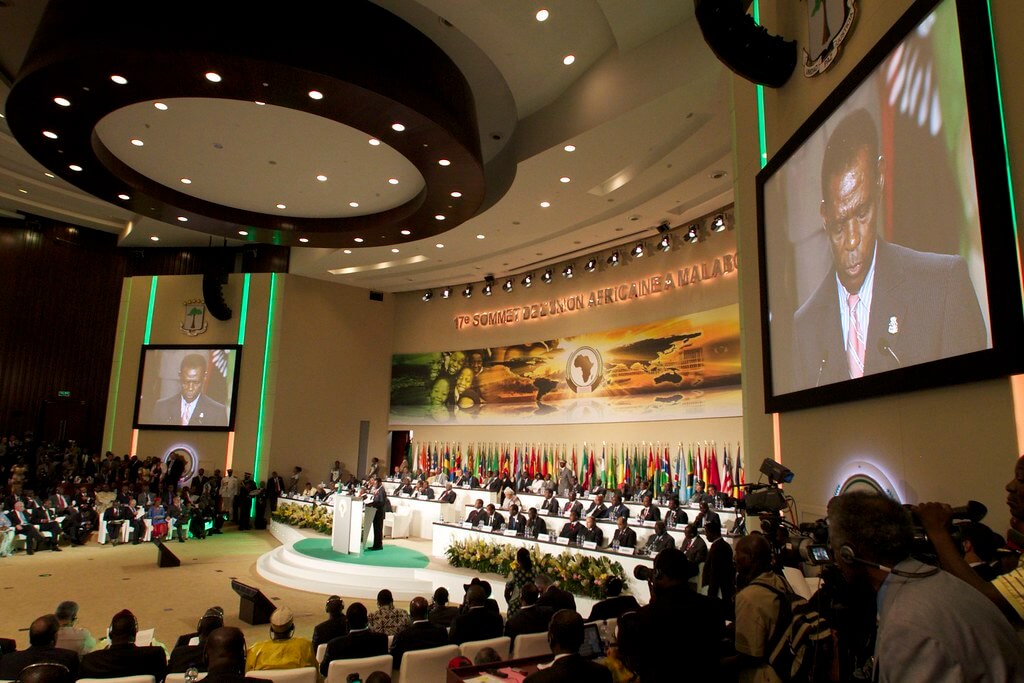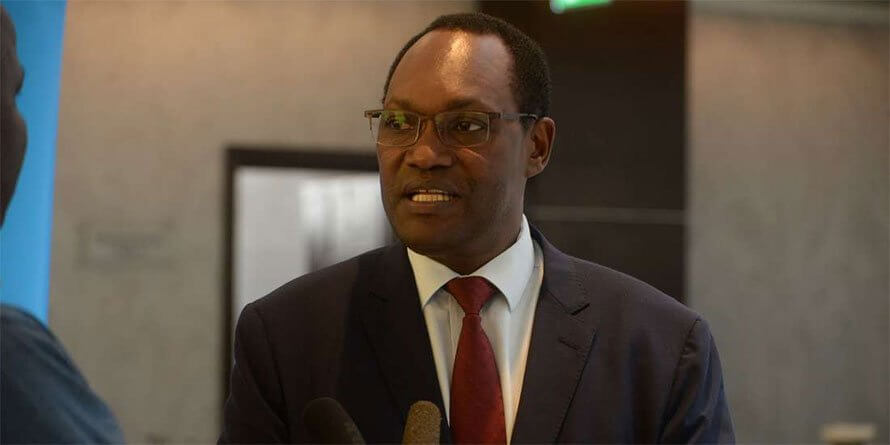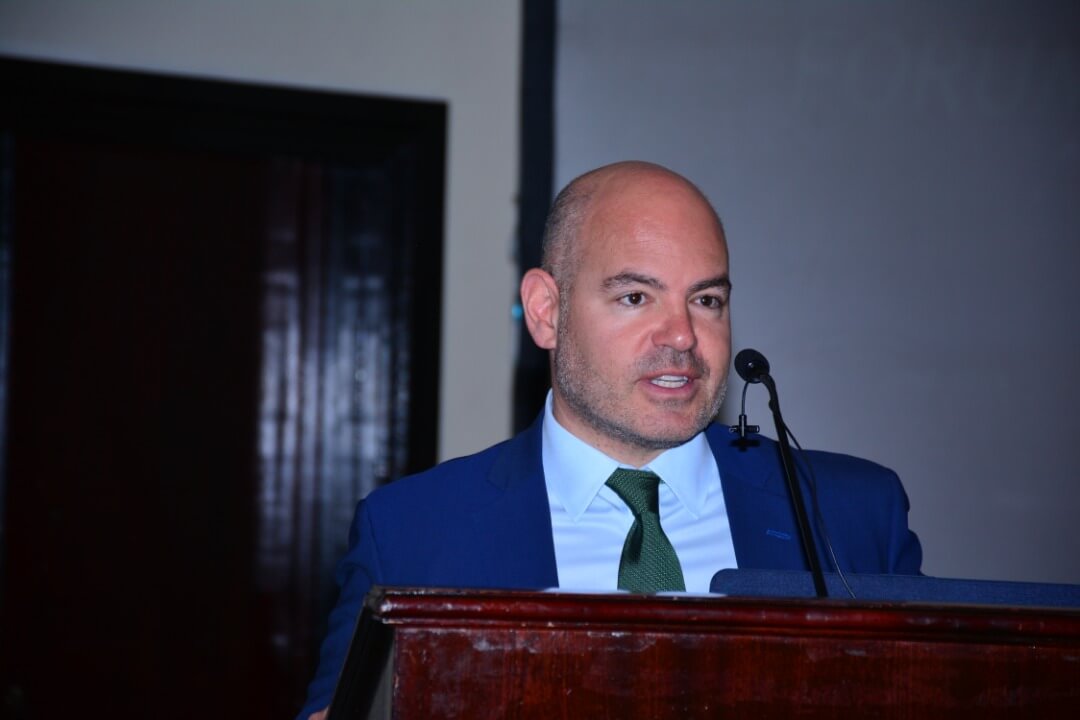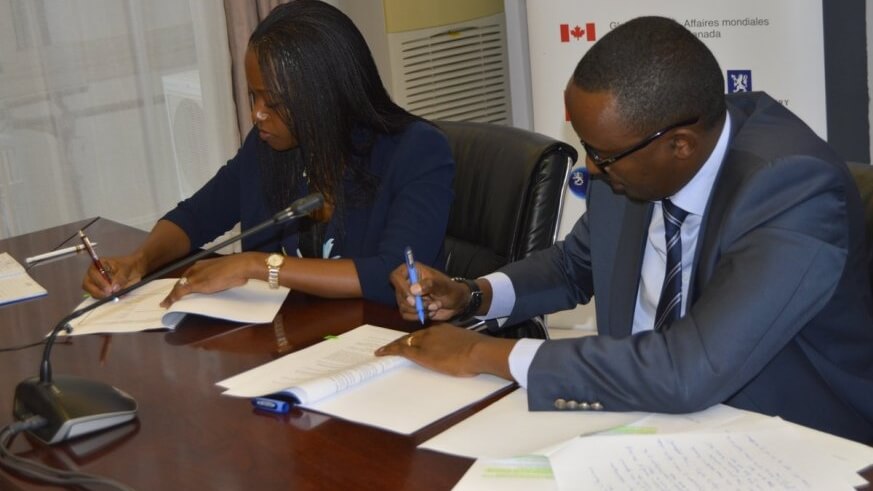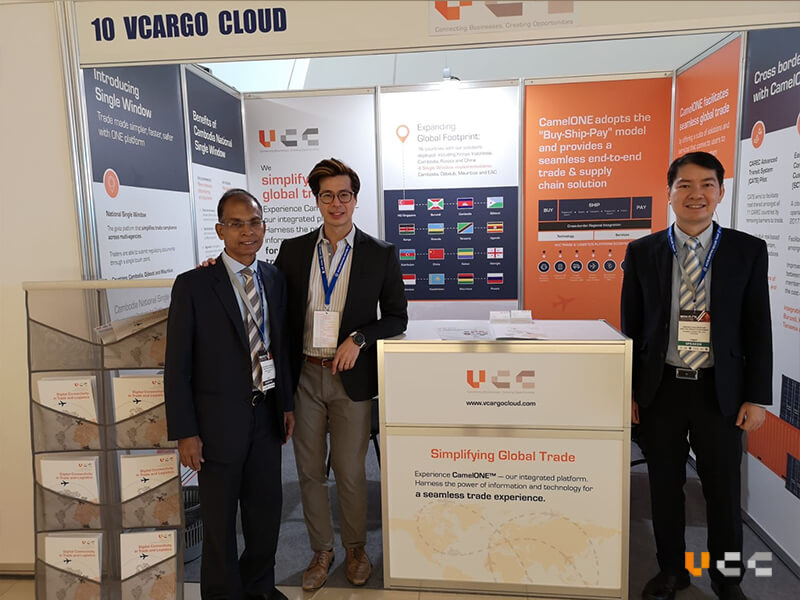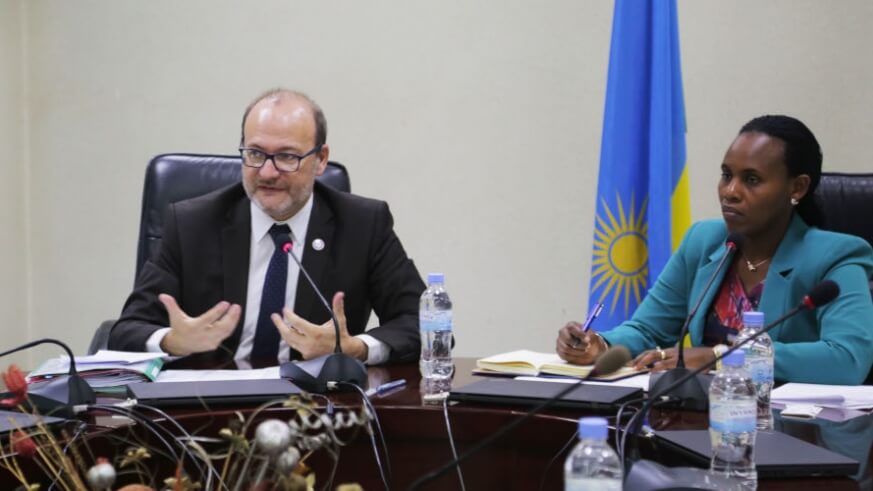As ratification of the new U.S.-Mexico-Canada trade agreement (USMCA) moves forward slowly, a landmark free trade agreement has been signed several thousand miles away on the continent of Africa. While 52 African nations signed the African Continental Free Trade Area (AfCFTA), to date 24 have ratified the agreement (22 were needed to actually bring the agreement into force). The AfCFTA breaks new ground and ushers the continent towards being a more seamless and frictionless trade region. Though it could be argued that these African nations are largely underdeveloped, the collective GDP of all the 55 states in Africa accounts for a staggering $3 trillion, making it the fifth-largest trade front in the world. This is excellent news for the U.S., as the African nations coalescing into a single trade region will greatly help in expediting unified trade deals, rather than developing tailor-made trade agreements with individual countries across the continent. The timing of this development also suits U.S. interests, coming at a time when there is an escalation of trade tariff exchanges between the U.S. and China. Over the last decade, Africa has become the hotspot for investment, with superpowers like Russia and China channeling billions of dollars to gain a strategic foothold on the continent. Beijing has been especially aggressive, investing heavily in Africa to widen its Belt and Road Initiative (BRI) that aims at reviving the ancient Silk Route and also extend much further to account for all major trading partners of China. The U.S. has accused China of using...
The relevance of African free trade agreement in the context of U.S. trade aspirations
Posted on: June 27, 2019
Posted on: June 27, 2019

